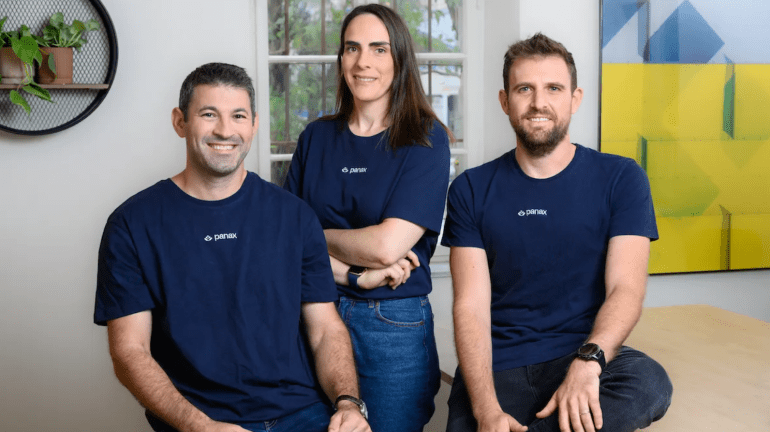- Panax, an Israeli startup, secures $10 million in Series A funding led by Team8, with TLV Partners participating.
- The startup targets midsize and large companies in traditional industries like manufacturing, logistics, and real estate.
- Panax emphasizes data-driven insights to guide treasury management decisions, aiming to become a comprehensive solution for cash flow optimization.
- Early adopters, such as Oddity, have found Panax’s automation of cash management to be beneficial, saving time and costs.
- With total funding reaching $15.5 million, Panax plans to scale its market presence and enhance its AI and data capabilities.
- CEO Noam Mills highlights the importance of AI in extracting actionable insights from financial data and enabling proactive decision-making.
- Panax aims to integrate recommendations and projections directly into its platform, streamlining decision execution for finance teams.
- As Panax expands, it prioritizes nurturing its Israeli roots for R&D while strategically expanding its presence in New York City.
Main AI News:
Panax, a two-year-old Israeli startup, has raised $10 million in a Series A round led by Team8, with TLV Partners also participating. The startup aims to address the needs of midsize and large companies in sectors like manufacturing, logistics, and real estate, which often lack extensive treasury departments. Panax differentiates itself by offering comprehensive solutions, including investment accounts and credit lines, while emphasizing the importance of data-driven insights to guide decision-making.
Panax’s value proposition has found resonance among early adopters like Oddity, a publicly traded beauty-focused company, where automation of cash management has proven to be a time and cost saver. With this latest funding round, totaling $15.5 million following a $5.5 million seed round, Panax plans to scale its market presence and bolster its AI and data capabilities. CEO Noam Mills underscores the pivotal role of AI in extracting actionable insights from financial data and enabling proactive decision-making, particularly for companies with complex treasury management needs operating across multiple locations and currencies.
In its pursuit to become a one-stop treasury management solution, Panax aims to integrate recommendations and projections directly into its platform, streamlining decision execution for finance teams. Mills, drawing from her background in private equity and Olympic fencing, highlights the parallels between athletic and entrepreneurial endeavors, emphasizing qualities like persistence and adaptability. As Panax expands, its focus remains on nurturing its Israeli roots for R&D while strategically expanding its presence in New York City, leveraging the synergy between the two tech ecosystems and tapping into the city’s fintech hub on the East Coast.
Conclusion:
Panax’s successful Series A funding underscores the growing demand for AI-driven solutions in cash flow management. With its focus on data-driven insights and comprehensive treasury management, Panax is poised to capture a significant market share, especially among midsize and large companies in traditional sectors. The expansion plans, coupled with strategic location choices, indicate a strong growth trajectory for Panax in the competitive fintech landscape.

